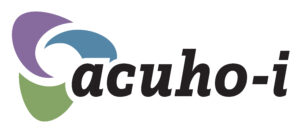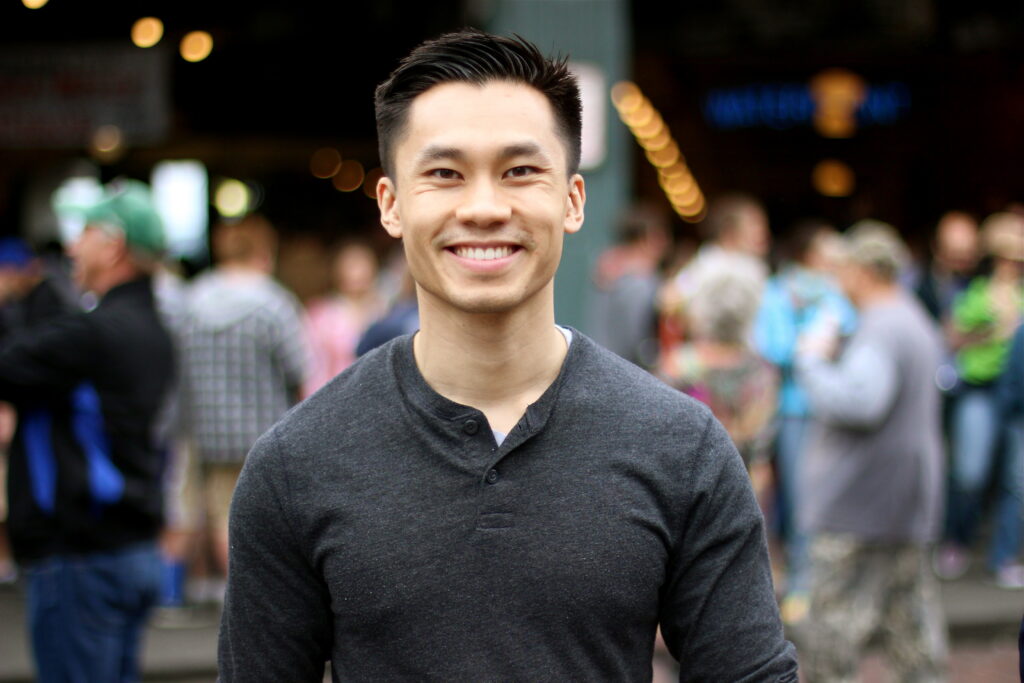
On June 4th ACUHO-I held a roundtable webinar, hosted by Spencer Gies, to discuss virtual and/or in person training for student staff this summer and going into the fall semester.
Panelists:
Kara Zarnoch, Assistant Director of Selection, Training, and Leadership University of South Florida-Tampa
Ashley Boltrushek, Senior Associate Director of Resident Life American University
Kendra Skinner, Director of Resident Life Southeast Missouri State University; Staffing Lead, ACUHO-I Future of Housing Work Group
Elizabeth Gordon-Canlas, Director of Resident Life and Housing Columbus College of Art and Design
Renee Dowdy, Assistant Director, Staffing and Training Marquette University
1) How do folks envision doing their incident role play for their entire new staff while still practicing social distancing? We know this is crucial in their ability to address incidents.
Ashley responded first by stating that schools are not going to achieve the same level of experience as before. There is an opportunity to re-envision what the trainings will look like while paying attention to how students are experiencing everything. She mentioned that they will most likely not be returning to in-person in the fall. Everything will shift to a virtual platform with breakout rooms where community directors or returning staff would be in dialogue with students to address issues.
Renee said their goal is to return to campus in the fall. She mentioned the importance of addressing protocols in person is crucial to facilitate training safely. During Hall Director training they will record how to approach protocols and changes made. Instead of all gathering in the residence halls and throughout the building, it will be conducted in-hall listening to recordings addressing different topics. They will also look at other large residential spaces they can use. They are exploring having the Hall Directors previewing the recordings in advance to better prepare them.
2) What resources & delivery methods are folks using to facilitate anti-racist training for student staff in the virtual space?
Kara responded by stating that their social justice education is “non-negotiable” and they will continue to meet people where they are at. Acknowledging different skill sets and varying knowledge base, they separate new and returning resident assistants. New student staff receive an introduction that invites them to explore themselves and their biases and the impact it has in the community. Returning student staff explore on a deeper level on issues of systemic racism. They are looking at creating groups for people to process and be together virtually.
Renee said they use a platform called ARIST, which allows staff to text content on a daily basis to students. They will be using this to do advanced training for RAs on anti-racism before students arrive on campus.
3) Virtual vs in person, virtual session fatigue. What are approaches and thoughts? Have virtual training live versus pre-recorded? Zoom fatigue with large groups?
Kendra mentioned that for ten years they have had an online summer staff training. They currently use Moodle for their online platform to allow students to learn at their own pace, integrating powerpoint presentations, articles, using sessions they previously created for face-to-face. Regarding the upcoming fall semester, they are looking at how to give presentations and maintain social distancing, how to take into consideration the length of trainings online and not having them too lengthy, being mindful of retention of information. “Take what you already have, don’t scrap it all, take what you have and you can begin to put a good foundation, with some of the things, together.”
Kara responded by clarifying that screen fatigue and Zoom fatigue are very different, Zoom fatigue being more intense. Constantly staring at one’s self in a meeting, not having feedback in a training session or the ability to read a room adds to the fatigue of Zoom meetings. She mentioned that they will incorporat synchronous learning, live sessions where they can share a little information, then have breakout rooms to explore topics, in order to avoid being in live training sessions half or all day.
4) What are some ideas to facilitate team building and the celebration/recognition components of training that feel meaningful at a physical distance or online?
Elizabeth said that they have focused on team bonding over the years as part of their training. They are exploring what it will look like to shift in person training activities online and are considering how to integrate and layer setting up training and team building online. Normally they connect with other small colleges for RA training and now they are exploring ways in which they can continue to connect and create community with them during these shifts.
Kendra chimed in reflecting on the importance of keeping in mind what the guidelines might look like come fall, and there might be opportunity to bring small groups together, small staff mix-ups to do small activities to become familiar with each other. Though they may not be able to do large spirit-building group activities, the benefit of small groups is the opportunity to form more intimate connections.
Kara reflected that connection is more important than ever and the screen cannot get in the way of that. “…Sharing who we are and sharing what is going on in our world doesn’t have to stop because we’re not in the same room together.” They have been focusing on team-building with student staff since they have been isolated while working. They are working on strengthening their connections and community even more to maintain community.
5) What is the timeline for training and what will it look like?
Ashley said that they are keeping the same days but it will be all virtual, and training will occur up to the time students arrive on campus. When students arrive they will have a clearer idea of how to implement what they’ve learned during summer training. They decreased the number of hours of training to half-days and broke the schedule up with a mix of live streaming, modules, breakout groups, to keep students engaged.
Rene said they have all the online training placed within their schedules with a designated time frame to complete it. The Hall Directors know the schedule so that they can offer support where and when needed. She encourages others to build a schedule into staff training schedule to know how long it will take for staff to complete the trainings, and to invite other levels of staff to participate so they are aware of what the students they supervise are facing. RA training will be happening a week earlier, they will have a lot of free time and so it is important to consider how they can be spending their time.
Kendra said that they are taking into consideration the use of RA’s as a leadership position versus employment and how to address compensation. They gave students the option to decide whether or not they wanted to come back to campus early for training or to stay home, working, accruing money for the school year. Students chose to stay at home and do online training and not to return to campus early.
6) Regarding dining and quarantine, do you have a plan for feeding students on campus while in training?
Elizabeth said that it might be a good idea to reflect on where they were before students transitioned to remote/distant learning: looking at the recommendations of the CDC, the department of health, governors in making their decisions, and continue to look at those organizations to make decisions for the fall semester.
Kendra suggested asking the dining service providers who might be developing plans and to get an idea from them to find out what options are available.
6) When looking at online training and staff, what are some ways you are planning to increase morale in staff moving forward or in a training component?
Renee responded by stating the need to be careful not to overthink but to be intentional in how they build teams, reflecting on trust built from going through a crisis as a community. “…This is gonna be an unforgettable experience for our student staff.” She emphasized the importance of preparing the Hall Directors and their roles, using skill sets already in place, in helping to adhere to guidelines and expectations. One thing they did was to have the RAs test out things and give staff feedback, to hear their thoughts and include them in the process.
Ashley added the importance of reflecting on how people view team members/ fellow students while sitting in the same room versus through a screen and thinking of how training might contribute to progress. There might exist different levels of engagement, it looks different virtually when you cannot engage the same way. She emphasizes the need to make sure students stay engaged with each other, keeping aware of who is participating and who is not. “Don’t limit the idea potentially of what morale can look like or how it can be achieved,” stating that it falls on staff and returning student staff to be creative in helping with morale.
Kara stated that it’s important for student staff to remember why they wanted to be an RA. She said staff will complete reflections during their training that explore their “whys” and connect it to their own future career goals, to feel invested in the learning and keep accountability. She said the school is listening to student staff needs regarding adjusting training time based on reaching out to student staff to get ideas on how they want to engage in training.
Closing Thoughts
Elizabeth stated, “this is a tough time and everybody’s going to do the best they can with the resources we have.” She said there is a sense of connection and bonding that happens during a crisis and it is important to take into consideration and incorporate into training what students’ needs are regarding learning to stay safe in heart, mind, and body.
Renee said it is important to remember the components of what makes adult learning stay the same regardless of the platform, and there is still the need to help people stay engaged. She suggested, “don’t let the urgent over take the important,” and to not let the urgent things distract you from the mission of the department.
Kendra mentioned that all institutions will be training student staff, no one is alone in this, and she suggested reaching out to others since a lot of sharing through multiple platforms. She suggested utilizing staff members that are working already, to include and involve the graduate students since they were not able to do internships and this way they can be engaged.
Ashley said when she thinks about all that training entails, recognizing that everyone is tired, certain issues like racial issues will be amplified, and she suggested not asking the students of color to shoulder the work alone, that everyone needs to take part.
Kara stated the importance of teaching skills along the way and not just giving information, to bounce ideas off of others.
To learn more about ACUHO-I and their upcoming Virtual Summit click heree


